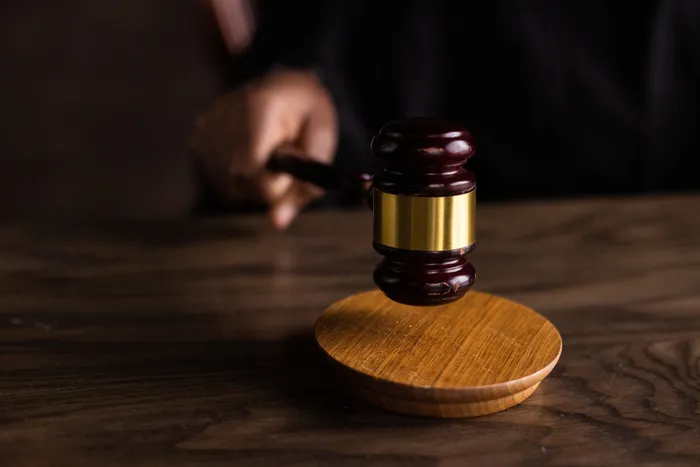Appointment of Cuban engineers and scientists ‘unlawful and constitutionally invalid’

Picture: Ekaterina Bolovtsova/Pexels
The Gauteng High Court, Pretoria has declared the appointment of 25 Cuban engineers and scientists to be unlawful and constitutionally invalid.
The court’s decision followed an almost three-year court battle by trade union Solidarity against Government’s appointment of the Cubans by the Department of Human Settlements.
But, as their contracts end in about two month’s time, they will remain put for now.
The Cuban experts were “imported” to help fix leaks and other water problems, including a spillage at the Vaal River.
Judge Jan Swanepoel commented in the preamble to his judgment that the old adage "charity begins at home" is at the heart of this application.
Solidarity turned to court on behalf of its members, many of whom work in the engineering field, and also in the public interest.
It asked for an order reviewing the government's decision to procure, on behalf of the Department of Human Settlements, Water and Sanitation, the services of the 25 Cuban scientists, engineers and engineering assistants on the grounds that the decision was unlawful and constitutionally invalid.
While the department initially opposed the application, it did not further take part in the proceedings, which Judge Swanepoel said is unfortunate as he would have wanted to hear the government's perspective on the matter before making a decision.
The court was told that South Africa and Cuba have enjoyed a long-standing and close relationship. One of the benefits of this relationship is the ongoing co-operation between the countries in the field of water and sanitation.
During December 2001 the countries entered into the first co-operation agreement in terms of which Cuban engineers were seconded to South Africa. That agreement was followed by a second agreement and then by a third (current) agreement which was concluded in February 2020, making provision for 25 engineers to be deployed to South Africa.
Solidarity argued that there are many local engineers with the same or even better qualifications who could have been appointed to fill the posts.
It said that as a result of the Covid-19 pandemic, and due to the depressed economic circumstances, many local engineers have been unable to obtain employment. It told the court that the failure to consider such persons for these posts was unfair, not cost effective, and irrational.
Solidarity argued that the decision to spend millions of rand on foreign nationals whilst South Africans were willing and able to provide the services was "astounding and unpatriotic".
It also attacked the process followed by government to procure the engineers. Judge Swanepoel agreed and found that the appointment of the engineers were unlawful as it was not according to the law.
As the contracts of the engineers are due to end in August, the judge said that it would be improper to grant interdicts against the department to restrain it from continuing with the contracts, in the absence of having heard submissions for the engineers.
The agreement between South Africa and Cuba was entered into on February 2020 for an initial period of five years, but it may be extended for another five years by either party on six months notice.
“Given the fact that the current agreements terminate in August, there is no point to an order interdicting the existing employment contracts, as the proverbial horse has bolted,” the judge said.
As for the future, it would seem sufficient to declare illegal the appointment of the engineers without adhering to either proper procurement processes or to the regulations governing the appointment of public servants. The respondent - government - may then give effect to the agreement with Cuba, but in a lawful manner, the judge said.
Pretoria News
zelda.venter@inl.co.za